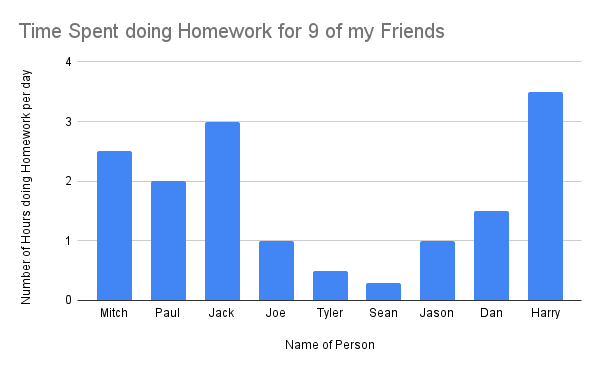A large part of the climate issue is addressing the social justice aspect of it. Many people are not aware of the disparities in how climate change affects different groups of people. Unfortunately, the places that produce the least amount of CO2 emissions are many of the countries that are suffering the most from the effects of climate change. Many countries in Sub-Saharan Africa and Southeast Asia are extremely vulnerable to climate change, but use the least energy per capita out of the entire world. These populations are highly vulnerable to floods, droughts, hurricanes, and countless other negative effects of climate change. In some parts of these regions, the changes in climate are actually forcing large populations of people to migrate to different regions. When we look at some people who live in areas that are reaching a wet-bulb temperature so high that the human body cannot physically survive in these temperatures. Accordingly, “Even heat-adapted people cannot carry out normal outdoor activities past a wet-bulb temperature of 32 °C (90 °F), equivalent to a heat index of 55 °C (130 °F)” (Wiki). These mass migrations that we are going to see in the future are going to cause huge social problems, and lead to economic strains and conflicts in other parts of the world. In order to address this issue, we need to educate people on the issues that are going to affect them. One of the problems with addressing this issue is that many people think that climate change is not going to affect them or their children. This is false, climate change is a global issue, and we are not going to be able to address the issue until everybody realizes that this issue will affect them.
Works Cited:
https://en.wikipedia.org/wiki/Wet-bulb_temperature#:~:text=The%20wet%2Dbulb%20temperature%20is%20the%20lowest%20temperature%20that%20can,C%20(130%20%C2%B0F).

 This is a graph that I made about the average amount of time that 9 of my friends spend doing homework per day. The Y-axis is the number of hours spent doing homework, whereas the x-axis is the name of my friend.
This is a graph that I made about the average amount of time that 9 of my friends spend doing homework per day. The Y-axis is the number of hours spent doing homework, whereas the x-axis is the name of my friend.

